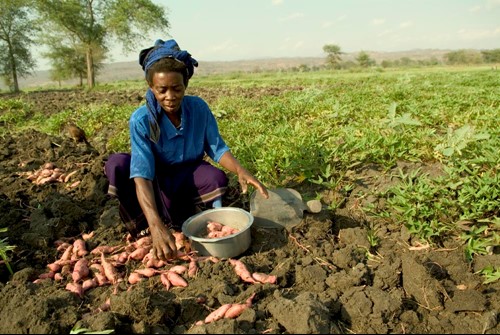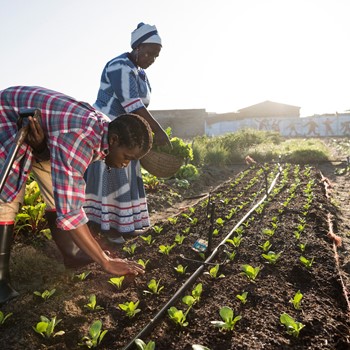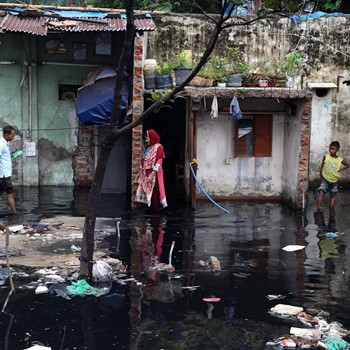The vulnerability of smallholder farmers to climate change is expected to increase as global temperatures escalate. Building farmers’ capacity for climate resilience will become increasingly important as close to 30% of global food production depends on smallholder farmers being able to maintain their livelihoods.
My MSc Dissertation project conducted in collaboration with NIRAS titled “Assessing and Building Climate Resilience in Smallholder Farm Systems” explored how climate resilience can be measured effectively in smallholder farms to understand the following:
- The extent to which interventions aimed at strengthening climate resilience are making a positive impact
- How to amplify impact
The dissertation adds value to the literature exploring the monitoring and evaluation of programs in the context of climate change and agricultural development.









